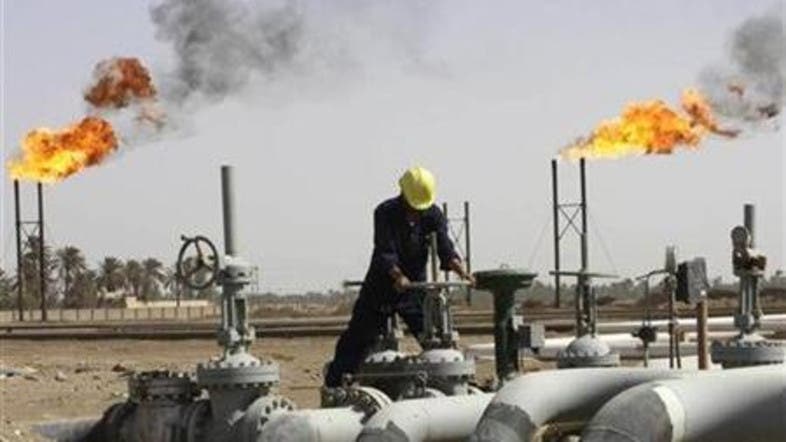Iraq's oil minister, Hayyan Abdul Ghani, expressed optimism Sunday regarding an imminent agreement with Kurdistan and international oil companies (IOCs) to revive oil exports through Turkey. "Negotiations have progressed positively, " Abdul Ghani said in a televised interview on Iraqiya channel, "and we anticipate finalizing an understanding within the coming days. "
This potential deal would mark a significant development, following a halt in Iraqi Kurdish crude exports via Turkey's Ceyhan port since March 2023. The shutdown stemmed from a complex web of legal and financial disagreements between the Iraqi federal government, the Kurdistan Regional Government (KRG), and the IOCs operating in Kurdistan.
A central sticking point has been the cost of oil production in Kurdistan. The KRG maintains production costs hover around $26 per barrel according to their contracts with IOCs. The Iraqi federal government, however, disputes this figure, contending the national average production cost is closer to $8 per barrel. Bridging this gap is crucial for a sustainable revenue-sharing agreement.
Another hurdle has been the destination of oil export revenue. The Iraqi government insists that all revenue be deposited in the central bank, ensuring transparency and adherence to the federal budget. The KRG has previously pushed for some level of independent control over their oil revenue.
The recent meeting in Baghdad between Iraq's oil ministry, the KRG's Ministry of Natural Resources, and IOC representatives signifies a potential turning point. Abdul Ghani confirmed that the discussions centered on resuming production and exports, with revenue channeled into the Iraqi central bank.
This agreement, if finalized, would hold significant implications for the global oil market. Iraq is the second-largest oil producer within OPEC, and resuming Kurdish exports would inject additional crude oil into the international market. This could potentially influence global oil prices, particularly if a prolonged disruption had been anticipated.
Furthermore, restarting exports would provide a much-needed economic boost for Iraq's Kurdistan region. The KRG relies heavily on oil revenue to fund its budget and development projects. A prolonged halt in exports has undoubtedly placed a strain on the region's finances.
The coming days will be crucial in determining whether Iraq, Kurdistan, and the IOCs can bridge their remaining differences and solidify a final agreement. The potential economic benefits for all parties involved are undeniable, making a swift resolution increasingly likely.

